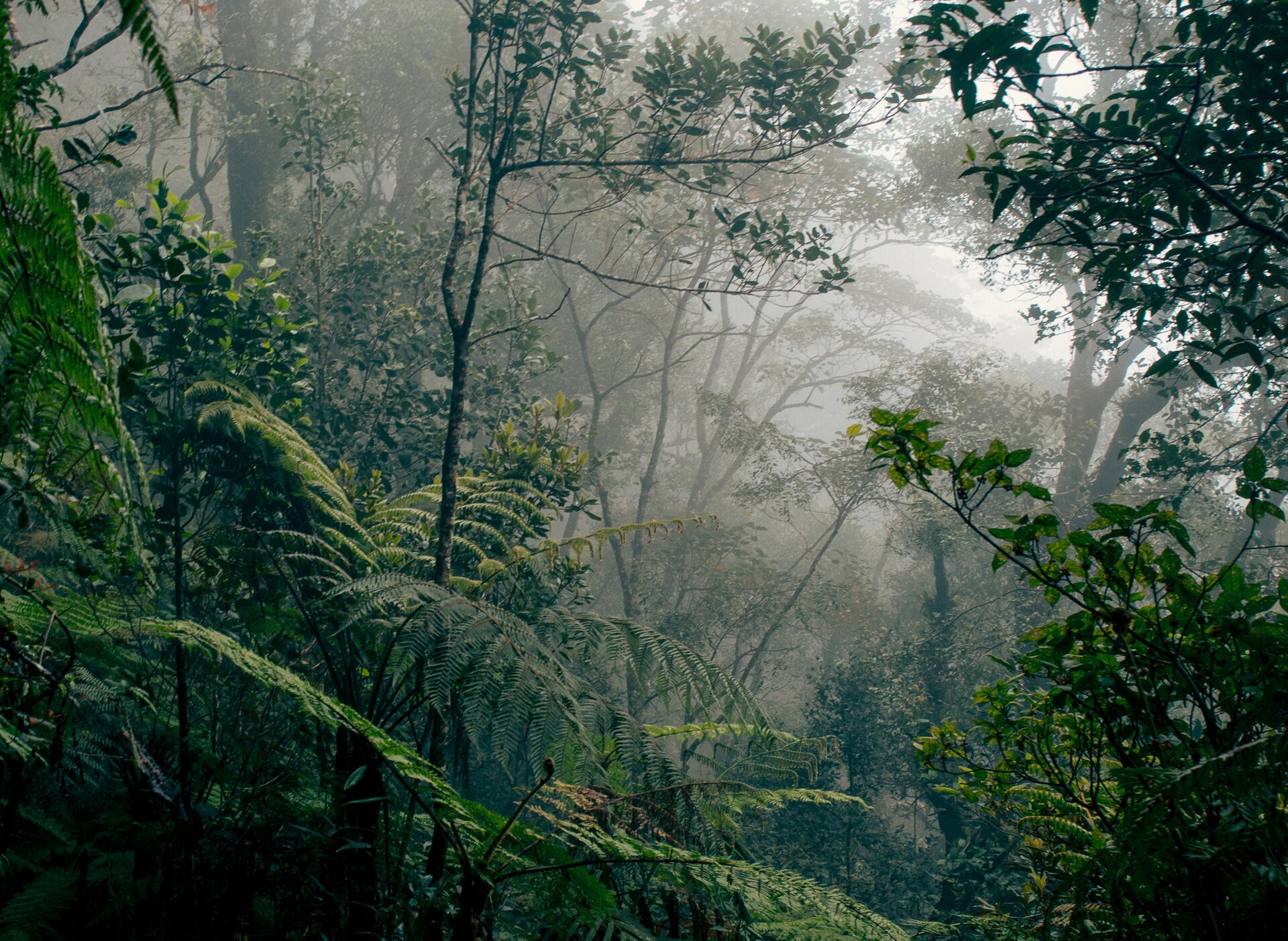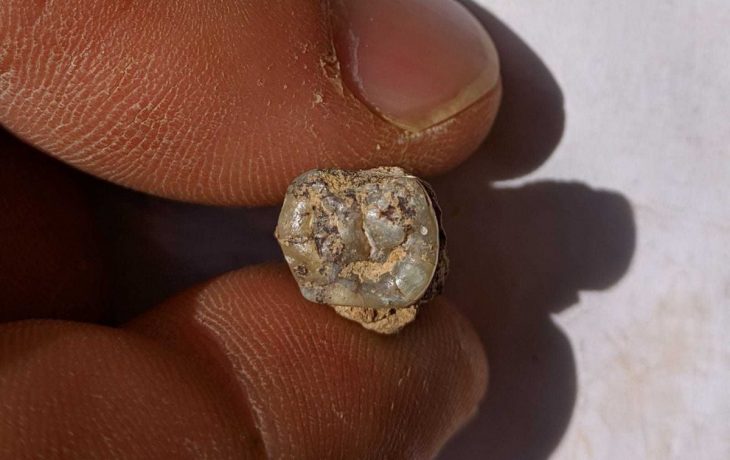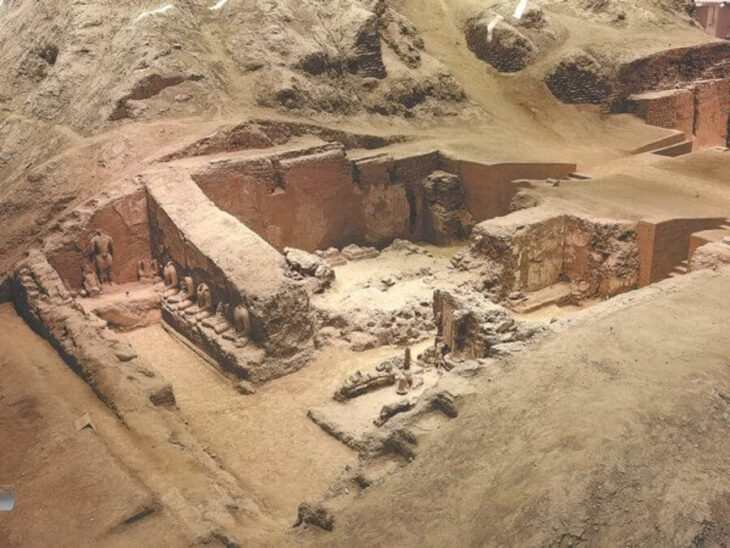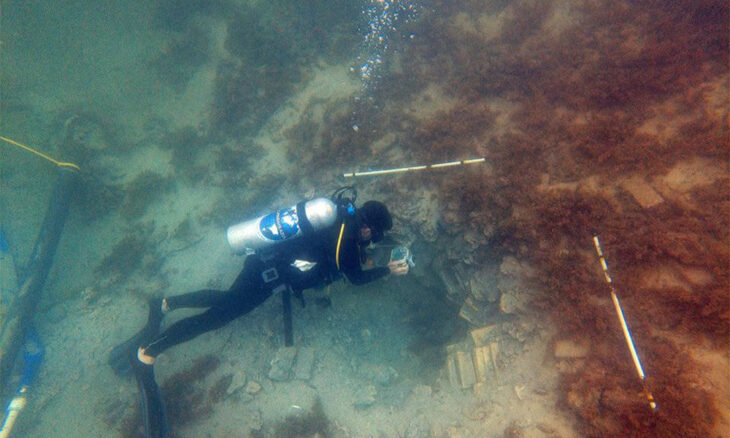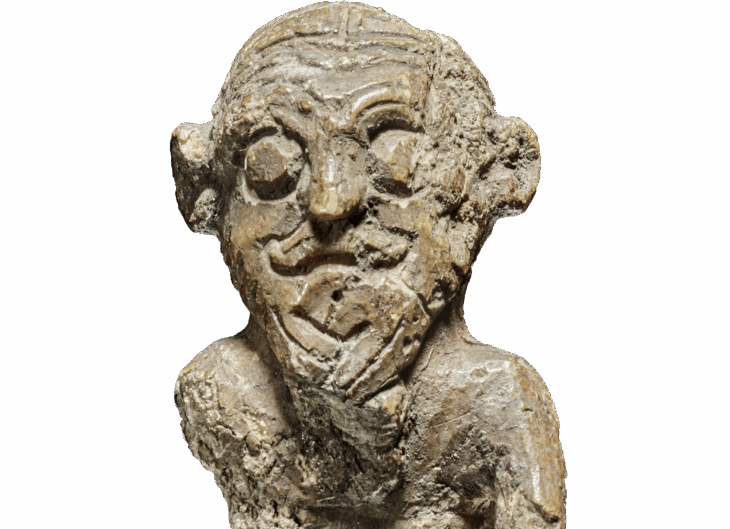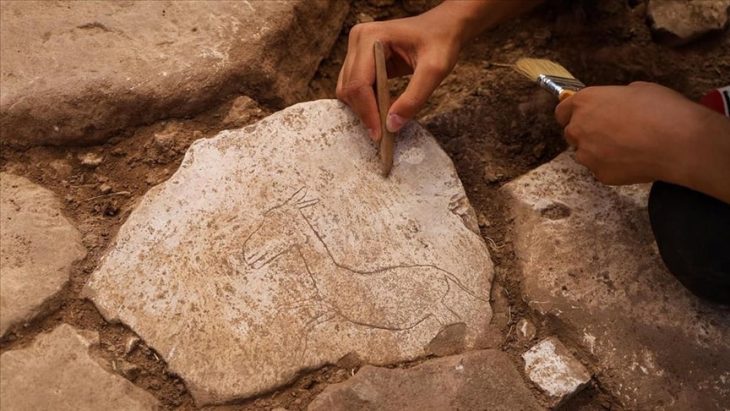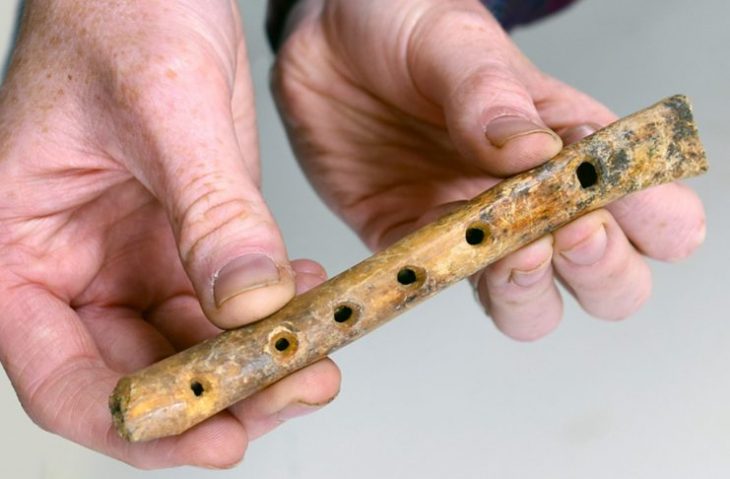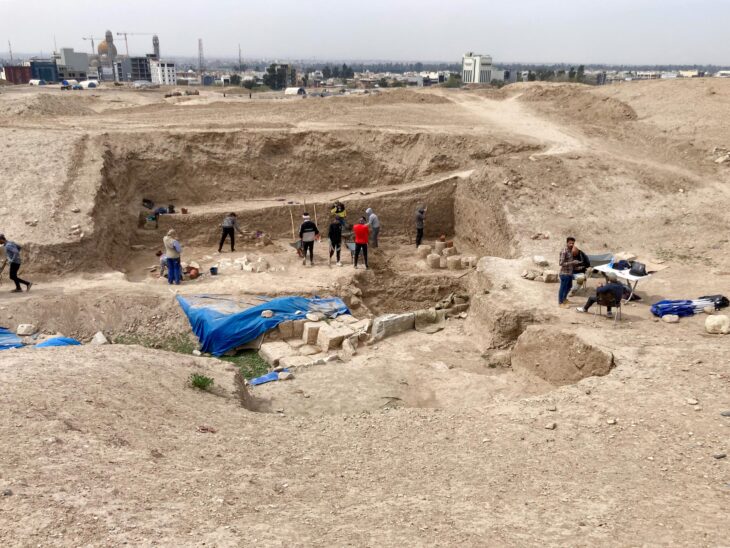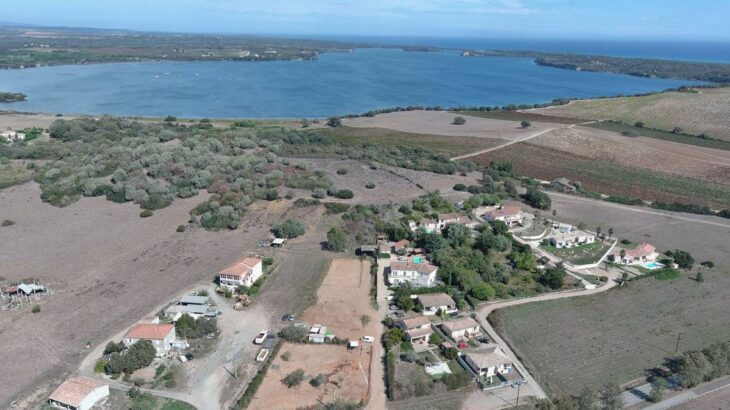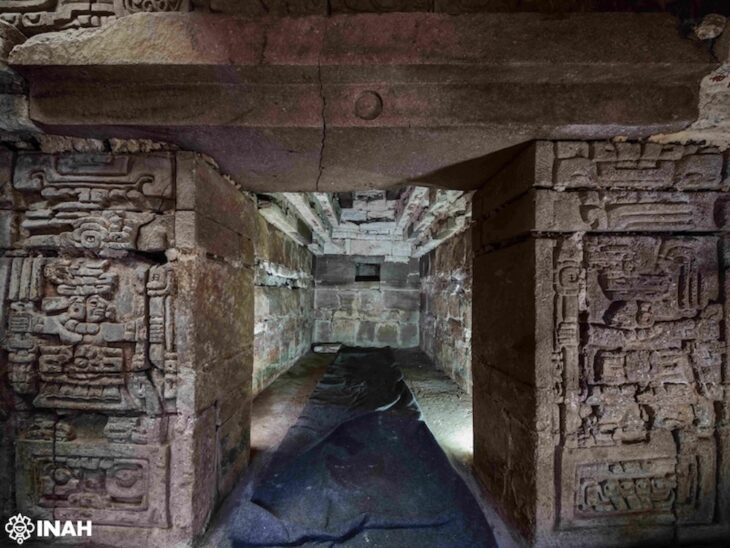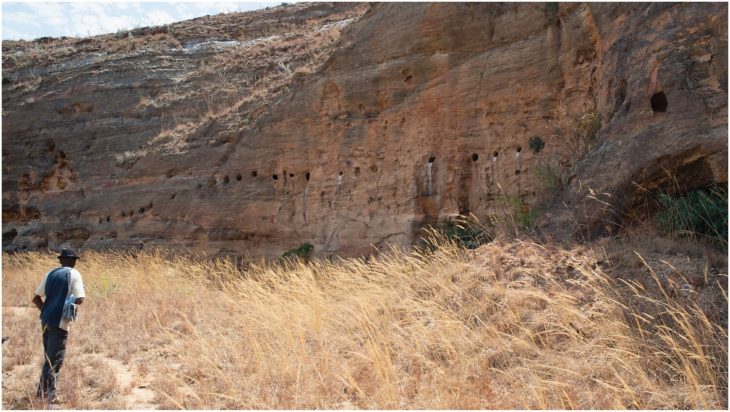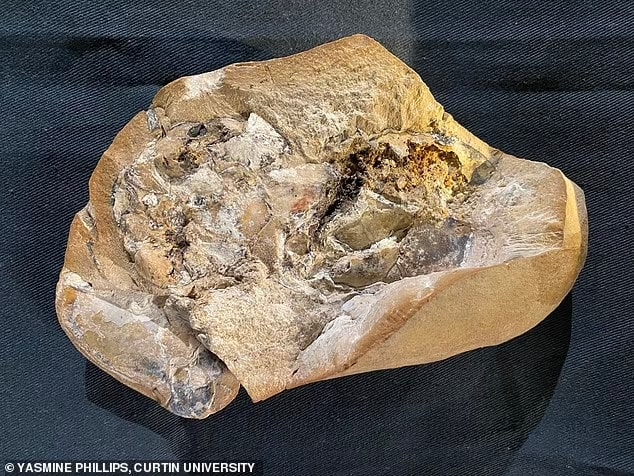The rainforests, as important biomes on earth, were considered uninhabited until recent history. New findings now show that humans lived in the African rainforests at least 150,000 years ago.
Humans originated in Africa around 300 thousand years ago, but the ecological and environmental contexts of human evolution are still little understood. It is, therefore, not surprising that previous studies have hardly considered rainforests, as they were viewed as natural barriers to human settlement.
In a new study published in Nature, a research team questions this view. Their work shows that humans lived in groups in the rainforests of present-day Côte d’Ivoire around 150,000 years ago, significantly earlier than previously assumed. The researchers advocate for these regions and habitats to be included in the discussion of human evolution.
The story behind this discovery began in the 1980s when the site was first investigated by Professor Yodé Guédé from the Félix Houphouët-Boigny University (Côte d’Ivoire) as part of a joint Ivorian-Soviet research mission. The results of this initial study revealed a deeply stratified site with stone tools in the area of the current rainforest. However, the age of the tools and the local ecology could not yet be determined.
“Several recent climate models suggest that this area has been a refuge in the rainforest even during dry periods when the forests existed only in fragments,” explains Professor Eleanor Scerri, head of the Human Palaeosystems Research Group at the Max Planck Institute for Geoanthropology and senior author of the study. “We realized that this site was the best place to find out how long humans have inhabited the rainforests.”
📣 Our WhatsApp channel is now LIVE! Stay up-to-date with the latest news and updates, just click here to follow us on WhatsApp and never miss a thing!!
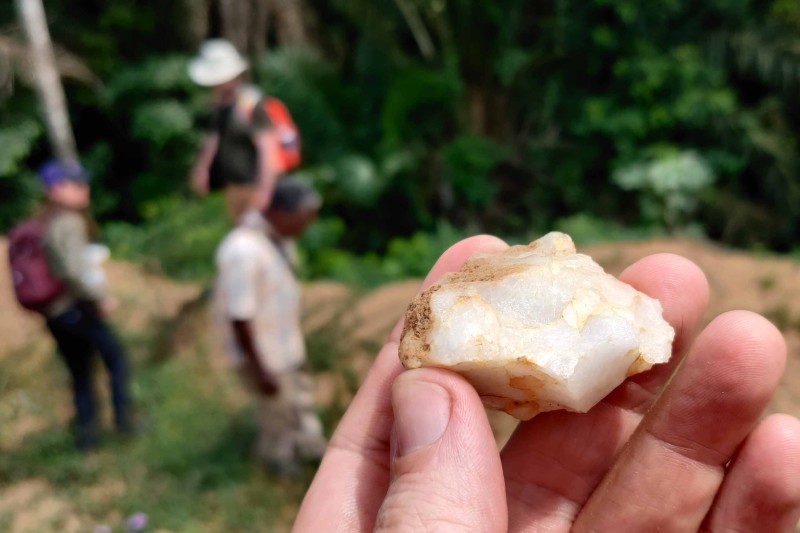
The research team therefore traveled to Côte d’Ivoire to re-examine the site. “With the support of Professor Guédé, we were able to rediscover the original site, which we could now explore with technology that was not available at the time,” says Dr. James Blinkhorn, a researcher at the University of Liverpool. The research project took place just in time, as the site has since been destroyed by mining activities.
“Before our study, the oldest confirmed evidence of human habitation in the African rainforests was dated to 18,000 years ago, and the oldest evidence of rainforest settlement at all came from Southeast Asia, with an age of about 70,000 years,” explains Dr. Eslem Ben Arous, a researcher at the National Centre for Human Evolution Research (CENIEH) and the main author of the study. “This shifts the oldest known evidence of human habitation in rainforests by more than double the previously known dating.”
The researchers used various new dating methods, including Optically Stimulated Luminescence and Electron Spin Resonance, which led them to the result of approximately 150,000 years.
At the same time, sediment samples were separately analyzed for pollen, silicified plant remains, known as phytoliths, and isotopes of leaf wax. The analyses revealed that the region was heavily forested, with pollen and leaf waxes typical of West African rainforests. Small amounts of grass pollen also indicated that the site was not located in a narrow strip of forest but in a dense forest area.
“This particularly exciting discovery is just the first on a long list of previously unexplored Ivorian sites that could provide further evidence of human presence in the rainforests,” says Professor Guédé.
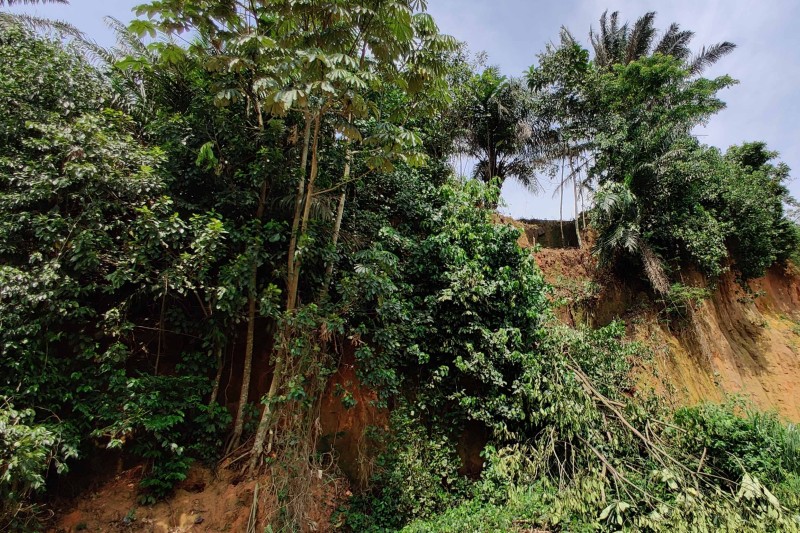
“When all the results are combined, they undoubtedly show that the ecological diversity of rainforests and human development are closely linked,” says Professor Scerri. “This is reflected in a complex history of population divisions, where different populations lived in different regions and habitats. We must now ask how this early human niche expansion affected the plants and animals that shared the same spaces with humans. In other words: How far back do human interventions in untouched natural habitats go?”
The research project was funded by the Max Planck Society and the Leakey Foundation.
Ben Arous, E., Blinkhorn, J.A., Elliott, S. et al. Humans in Africa’s wet tropical forests 150 thousand years ago. Nature (2025). https://doi.org/10.1038/s41586-025-08613-y

